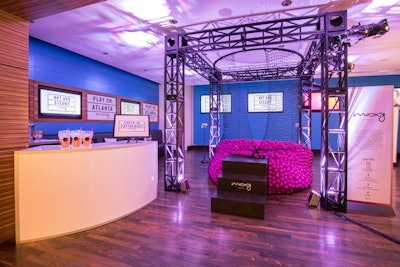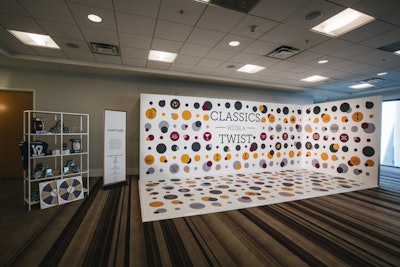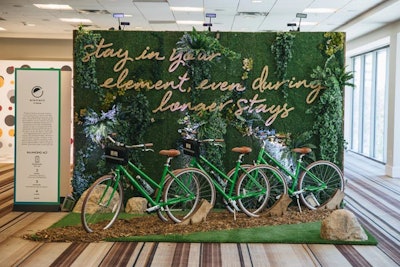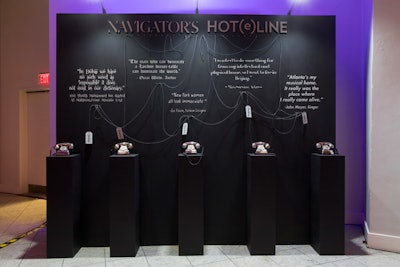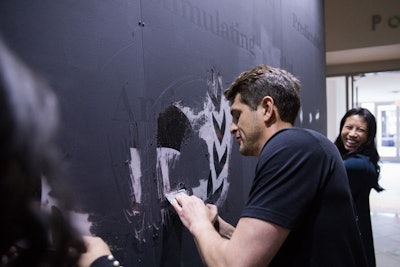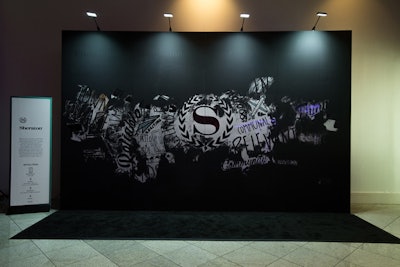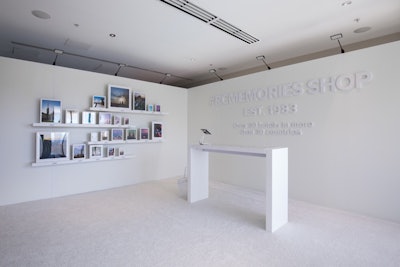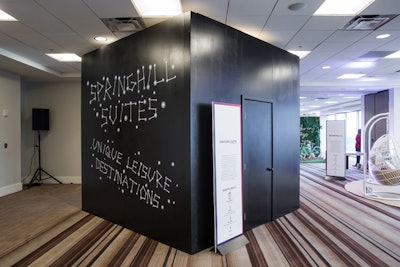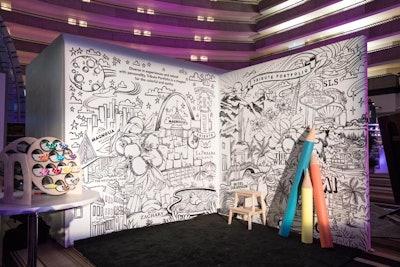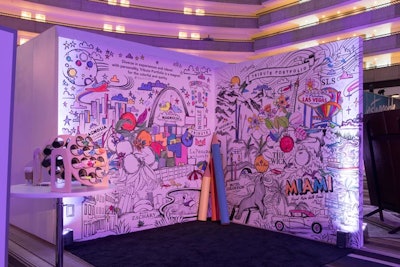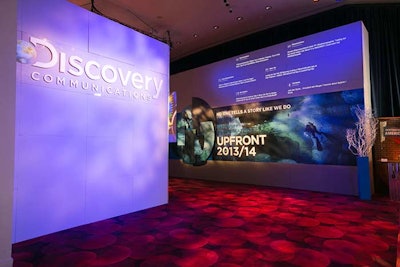
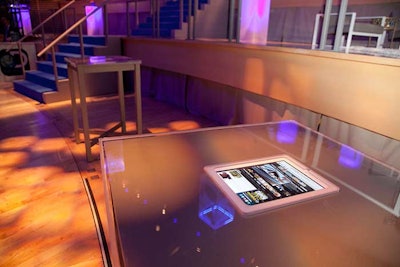
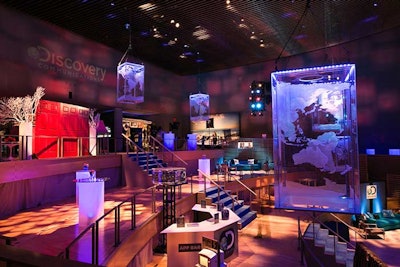


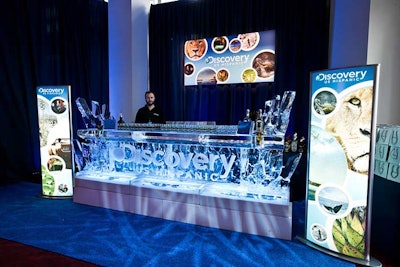
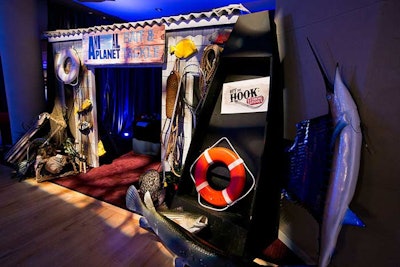

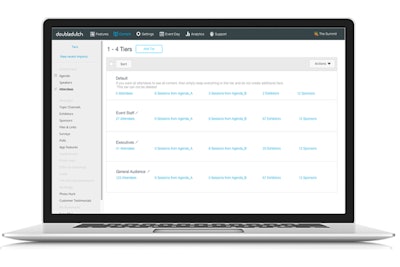
On Wednesday, DoubleDutch released four updates to its Live Engagement Platform. The new features are intended to help planners use content more effectively to improve the attendee experience. The new capabilities include an option for planners to personalize in-app content and its visibility to specific subsets of attendees. The revenue manager makes it easy for planners capture new revenue streams by offering exhibitors and sponsors a way to distribute content, promote live meetings, and maximize ROI. There’s also a feature to help attendees navigate complex agendas and identify topics of interest.
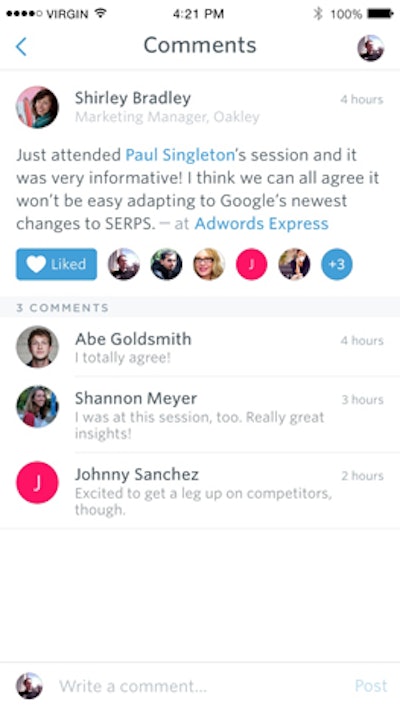
Interact is a feature that launched on Wednesday in all Guidebook app paid plans. Interact allows attendees, sponsors, and planners to connect using Facebook-like social engagement strategies. Users can tag people, tag sessions, and track likes and comments. Each session has a dedicated discussion tab so attendees can share their thoughts on speakers and topics. Sponsor posts, which can include images or links, are integrated into the feed to maximize sponsors’ visibility. Planners can also use the system to track attendee feedback and to provide updates to everyone or to individual attendees.
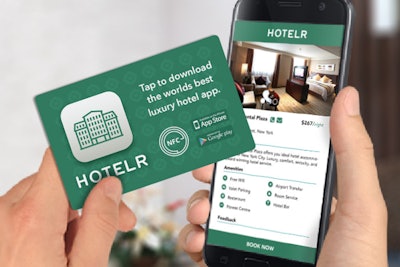
In early August, Tactify launched a new option for cloud-based interaction at events. Tappcards are like credit cards that come pre-programmed with content, such as a direct link to download an event app, exhibitor information, digital brochures, PDFs, and more. Users access the content by either tapping the card to an NFC-enabled phone, scanning the QR code on the card, or typing in a short URL. Planners can create a custom design on the card to reflect their event’s brand, and they have access to an online dashboard to track interactions and change content instantly.
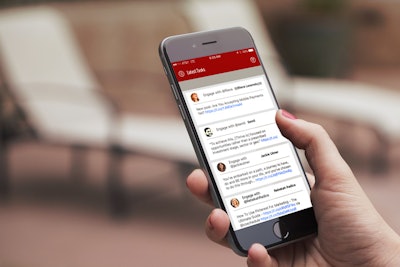
Meshfire uses artificial intelligence to help planners find influencers, conversations, and marketing opportunities around their events. Users create a set of goals known as a mission, tied to a Twitter handle. Meshfire filters conversations and prioritizes them in a task board. It can also create smart lists to add people automatically based on keywords. In late July, the company launched a mobile app so users can work on task boards and get alerts on the go.
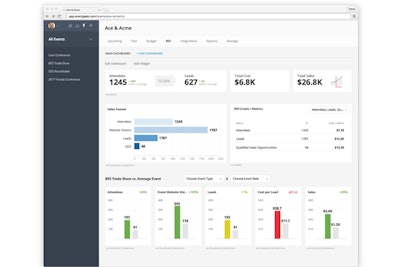
EventGeek is a new system to plan events and to track their success at driving sales, site traffic, social mentions, and more. Planners can use EventGeek to track everything related to event marketing in one place: budgets, expenses, itineraries, venues, guests, and sales. It’s integrated with other tools, such as Salesforce, Twitter, and Google Analytics, to make it easier for hosts to understand outcomes. The system also has a schedule feature that allows planners to put together a minute-by-minute agenda that can be printed, shared with a link, or sent to someone else’s calendar.
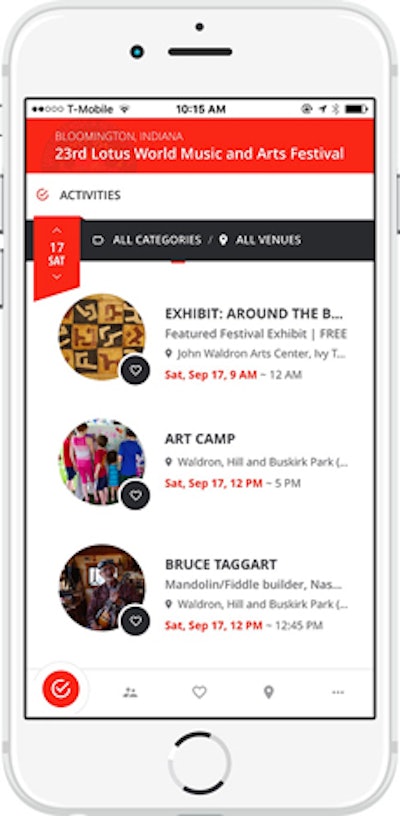
Rendezville is an app that launched in April, targeted to small-to-medium-size festivals, conferences, and events. The system operates as a Web app, meaning users don’t have to download it to their phones. Instead, they choose “add to home screen” and a link to the app will reside there. Planners can customize the look of the app so it matches their events. Content can include schedules, maps, bios, photos, and links to SoundCloud, YouTube, and social media. Organizers can test the interface for free, and only pay if they decide to publish.

